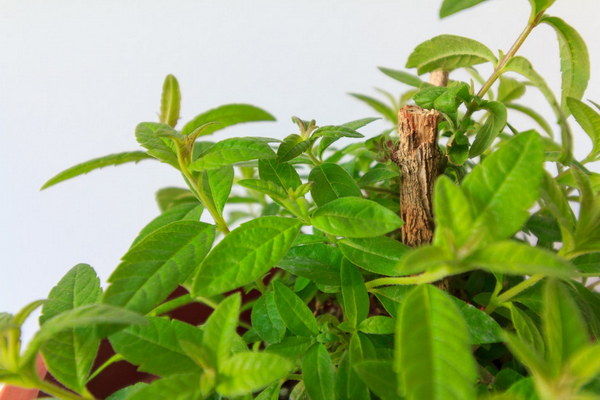Unveiling the Secrets of Traditional Chinese Medicine A Comprehensive Guide to Holistic Wellness
In the realm of health and wellness, traditional Chinese medicine (TCM) has been a beacon of wisdom for centuries. This ancient practice encompasses a wide array of knowledge and techniques that promote physical, mental, and spiritual harmony. This article aims to provide a comprehensive guide to TCM, offering insights into its principles, practices, and benefits.
Understanding Traditional Chinese Medicine
Traditional Chinese medicine is based on the belief that the body is an intricate network of interconnected systems that work together to maintain balance and health. The core principles of TCM are rooted in the concepts of Yin and Yang, which represent complementary and opposing forces that must be balanced for optimal health.
Yin and Yang are present in all aspects of life and are constantly in flux. When these forces are balanced, the body functions harmoniously. However, when there is an imbalance, illness and disease may arise. TCM aims to restore this balance through various methods, including herbal medicine, acupuncture, diet, and exercise.

Herbal Medicine
Herbal medicine is a cornerstone of TCM. This practice utilizes a vast array of natural plants, minerals, and animals to treat a wide range of conditions. TCM herbs are often combined in specific formulas that address the individual's unique constitution and imbalances.
One of the most well-known TCM herbs is ginseng, which is believed to boost energy and improve overall well-being. Other popular herbs include ginger, which aids digestion, and cinnamon, which supports cardiovascular health.
Acupuncture
Acupuncture is another vital aspect of TCM. This therapeutic technique involves inserting fine needles into specific points on the body to stimulate the flow of Qi, or life force. By addressing imbalances in Qi, acupuncture can alleviate pain, reduce stress, and promote healing.
Acupuncture has been shown to be effective in treating a variety of conditions, including chronic pain, headaches, and stress-related disorders. Its benefits are supported by numerous clinical studies and testimonials from satisfied patients worldwide.
Diet and Nutrition
Diet plays a significant role in TCM, as it is believed that certain foods can either strengthen or weaken the body's constitution. TCM dietetics emphasizes the importance of balancing the five flavors—sour, bitter, sweet, pungent, and salty—and the five elements—wood, fire, earth, metal, and water—to maintain health.
For example, individuals with a cold constitution may benefit from warm, nourishing foods, while those with a hot constitution may need to avoid spicy and hot foods. TCM also encourages the consumption of seasonally appropriate foods to align with the natural rhythms of the year.
Exercise and Tai Chi
Exercise is an essential component of TCM, as it helps to strengthen the body and improve overall well-being. Tai Chi, a form of gentle, flowing exercise, is particularly popular in TCM. This practice involves slow, deliberate movements that are designed to enhance balance, flexibility, and mental focus.
Tai Chi has been shown to reduce stress, improve cardiovascular health, and enhance mental clarity. Its gentle nature makes it accessible to individuals of all ages and fitness levels.
Conclusion
Traditional Chinese medicine is a rich and diverse field that offers a holistic approach to health and wellness. By embracing its principles and practices, individuals can achieve balance and harmony in their lives. From herbal medicine to acupuncture, diet to exercise, TCM provides a wide array of tools to support physical, mental, and spiritual well-being. By exploring the secrets of TCM, we can unlock the potential for a healthier, happier life.









